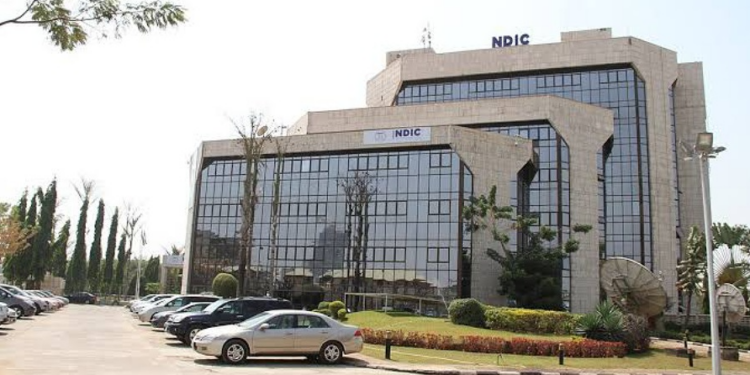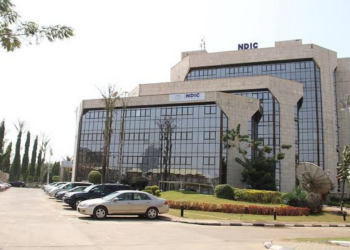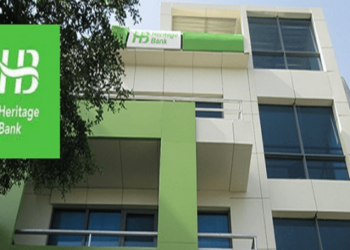At least five microfinance banks (MFBs) in Nigeria’s southeast were shut down in September 2023 due to insecurity in the region.
Pamela Roberts, Deputy Director of the Nigeria Deposit Insurance Corporation (NDIC) at the Enugu Zonal Office, disclosed this at the ongoing NDIC Workshop for Business Editors and Finance Correspondents Association of Nigeria (FICAN), held in Lagos.
She also noted that earlier in May 2023, the Central Bank of Nigeria (CBN) revoked the licence of 179 MFBs and 4 Primary Mortgage Banks (PMBs).
Roberts said: “The licences of 179 MFBs and 4 PMBs were revoked on 23rd May 2023. The Corporation commenced the reimbursement of depositors.
“Digital remote payment strategies were deployed to facilitate electronic funds transfers to verified depositors’ alternate accounts.
“Five of the MFBs in the Southeast were closed in September 2023 due to insecurity.”
She further noted that insecurity challenges in some regions have made it difficult to officially close banks with revoked licences.
According to her, “The general insecurity in the country has affected bank closing where some closing teams were unable to carry out their assignments effectively.”
652 banks closed since 1994
The Deputy Director of NDIC’s Enugu Zonal Office further disclosed that a total of 651 banks have been closed since 1994. These closures include Deposit Money Banks (DMBs), Primary Mortgage Banks (PMBs), and Microfinance Banks (MFBs).
She said: “The Corporation has been involved in eighteen (18) bank closing episodes since its establishment. As at date, NDIC has closed a total of 651 banks involving 50 Deposit Money Banks (DMBs), 55 Primary Mortgage Banks (PMBs), and 546 Microfinance Banks (MFBs).”
Aside from insecurity, Roberts highlighted other operational challenges, including difficulties locating some banks scheduled for closure. Many of these institutions, she explained, had already closed down before official announcements, making it harder for NDIC to execute its mandate.
The NDIC is still working to identify and physically close some of these banks, a task Roberts described as an ongoing challenge for the Corporation.
Struggle with court cases
The NDIC has also faced legal hurdles in its efforts to close banks with revoked licences. Roberts cited cases where litigation prevented the Corporation from officially closing down banks like Savannah Bank and SGN Bank.
She noted that the closure of Savannah and SGN bank were aborted by litigation. The NDIC has been addressing litigation issues on Triumph and Fortune banks for over 14 years with no idea of the time the suits will be fully determined.
Roberts also mentioned the case of the African International Bank (AIB), whose licence was officially revoked by the CBN on September 2, 2013. However, the bank refuted its liquidation multiple times before the Federal High Court eventually issued a winding-up order on March 20, 2015.
She noted that the NDIC has paid over N1 billion as a refund to the CBN for the payments of insured deposits to the bank depositors of failed AIB.
More Insights
- The Managing Director and Chief Executive Officer of the Nigeria Deposit Insurance Corporation (NDIC), Bello Hassan, reaffirmed the Corporation’s commitment to protecting depositors and maintaining financial stability in Nigeria.
- In his welcome address, Hassan noted the critical role of deposit insurance in preventing banking crises and fostering confidence in the nation’s financial system.
- He emphasized that NDIC’s core mandate—which includes providing deposit insurance coverage, supervising financial institutions, and resolving distressed banks—remains vital to the country’s economic stability.
















